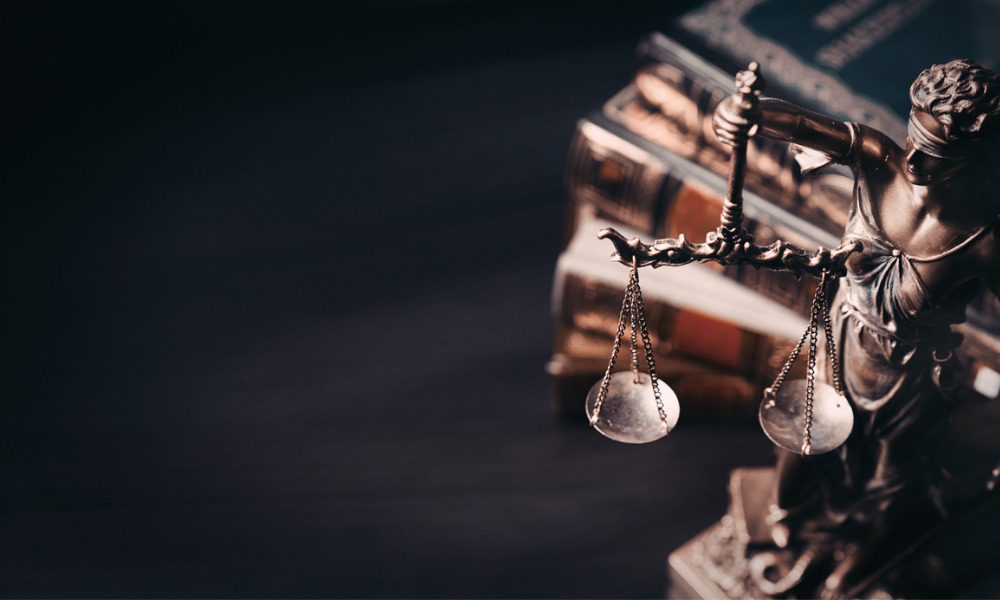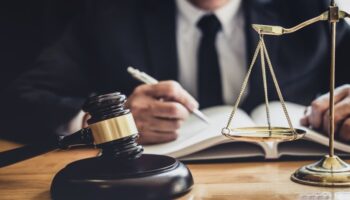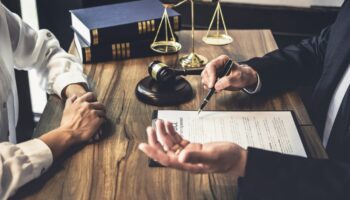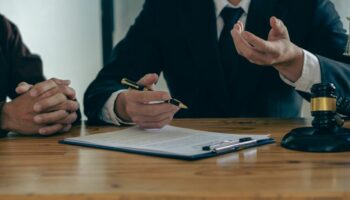The prospect of losing one’s freedom, reputation, or livelihood is daunting. Having an experienced criminal defense lawyer on your side can help tilt the odds back in your favour. But how exactly does a lawyer build a robust defense, and why are their methods so important? The police and prosecution have already investigated the alleged crime and formulated their theory of events. Your attorney must now re-examine the scene, interview all witnesses from scratch, and pore over each piece of evidence. This allows them to spot inconsistencies, procedural errors, biased assumptions, and exculpatory facts that weaken the charges. Investigating on your behalf also uncovers alternate witnesses and narratives the police may have overlooked. Piecing together new facts and angles lays the groundwork for reasonable doubt.
Evidence rigorously
Physical evidence like DNA, surveillance footage, and forensics seem damning at first glance. But your lawyer’s job is to scrutinize the credibility and interpretation of each piece. For instance, they challenge DNA sample collection methods, examine videos enhanced by prosecutors for distortions, and retain independent forensic experts to review analysis and procedures. This evidence may not be as ironclad as prosecutors contend with aggressive challenge.
Explore every legal motion
experienced defence lawyer in toronto utilize motions to exclude prejudicial evidence, have charges dismissed due to technicalities, secure a change of venue, and other advantages. Researching and arguing well-crafted motions based on violations of process or constitutional rights profoundly weaken the prosecution’s footing. For example, getting unlawfully obtained evidence suppressed or statements made without Miranda rights read ruled inadmissible tilts the game board against the state. Leaving any stone unturned could mean missed opportunities.
Seek out exculpatory evidence
The investigation also focuses on unearthing exculpatory evidence that contradicts or provides alternatives to the prosecution’s version of events. If they claim no other suspects exist, finding DNA from an unknown person at the scene pokes holes in that assertion. Medical records indicating injuries inconsistent with their allegations create doubt. Lab analysis disputing their forensic assertions establishes a credible counter-narrative. Obtaining and highlighting exculpatory proof provides jurors with reasonable alternatives that align with innocence.
Humanize the defendant
Prosecutors will try to portray your client as a hardened abstract criminal. Your attorney must counter this by humanizing them for the jury. Presenting background facts, childhood stories and character witnesses who attest to admirable qualities and law-abiding history makes the defendant relatable. Jurors are less inclined to harshly judge those they empathize with as people rather than faceless defendants. Humanization also appeals to emotions and instills reasonable doubt.
Seek plea bargains judiciously
Despite the public perception, over 90% of criminal cases are resolved via plea bargaining rather than trials. Some charges and evidence are too overwhelming to counter. In other instances, plea deals offer vastly better terms than the risk of trial. Your lawyer should pursue bargaining only if it aligns with your interests and goals. But if appropriate, they negotiate with prosecutors to dramatically reduce penalties. Your input on deals is vital.






